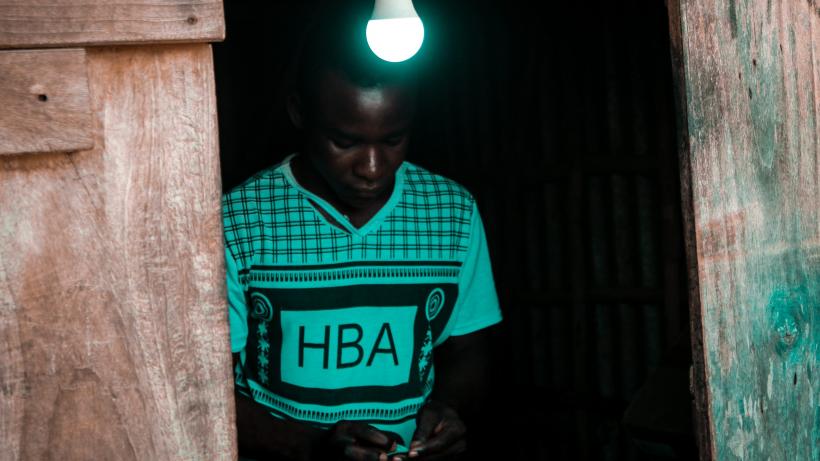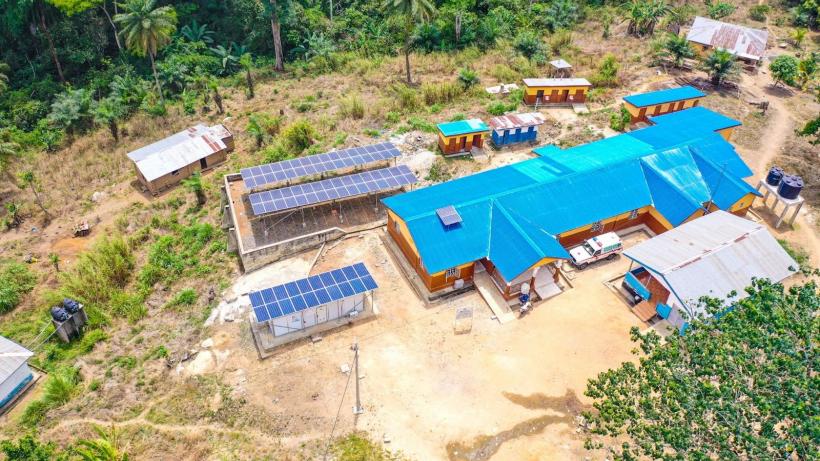Electrifying growth in Sierra Leone: Energy access for productive use
- In Sierra Leone, just 26% of the total population and only 5% of the rural population have access to electricity (World Bank, 2020).
- Without electricity, 83% of rural households cook mainly using wood, resulting in deforestation, and health centres and schools not functioning effectively and efficiently.
- Researchers are working with the United Nations Office for Project Service and the Ministry of Energy to evaluate the impact of the $40 million Rural Renewable Energy Project (RREP), which is installing solar mini-girds in 95 villages across Sierra Leone.
- Results show households spend more on food; community health centres are able to store drugs and vaccines in fridges; and more family planning, antenatal, post-natal, and under 5s health visits occur.
- As more villages are reached through this programme, IGC is providing technical expertise and sharing the findings to help inform and improve similar projects, and additionally evaluating the impact on village-based enterprises.
Existing research suggests large long-run economic effects of electrification (Lipscomb et al 2013; Rud 2012). However, recent experimental research calls into questions the assumption that electrification alone leads to economic growth and improved development outcomes (Lee et al 2018; Aklin et al 2017). It could be that electricity leads to economic growth only when it catalyses a broader structural transformation, shifting local economies from subsistence agriculture to more productive economic activities (Fried and Lagakos 2017). Using a randomised field experiment, we investigate how this structural transformation takes place at a micro-level in trading towns throughout Sierra Leone where solar mini-grids have recently been constructed. Working with a commercial partner, we set up electricity powered agricultural processing facilities – such as maize and cassava processors— in a subset of these town. We then study complementary effects to small scale electricity users offered by three interventions:
- increased access to electricity for residential and commercial users
- increased access to productive technologies
- increased market access
Rural electrification is high on the policy agenda of many developing countries, including Sierra Leone. This study provides policymakers with evidence about tools at their disposal to nudge local economies towards productive use of electricity and structural transformation. In addition, we believe the results of this study will be of interest to private energy firms looking for models on how to stimulate local demand for electricity.








